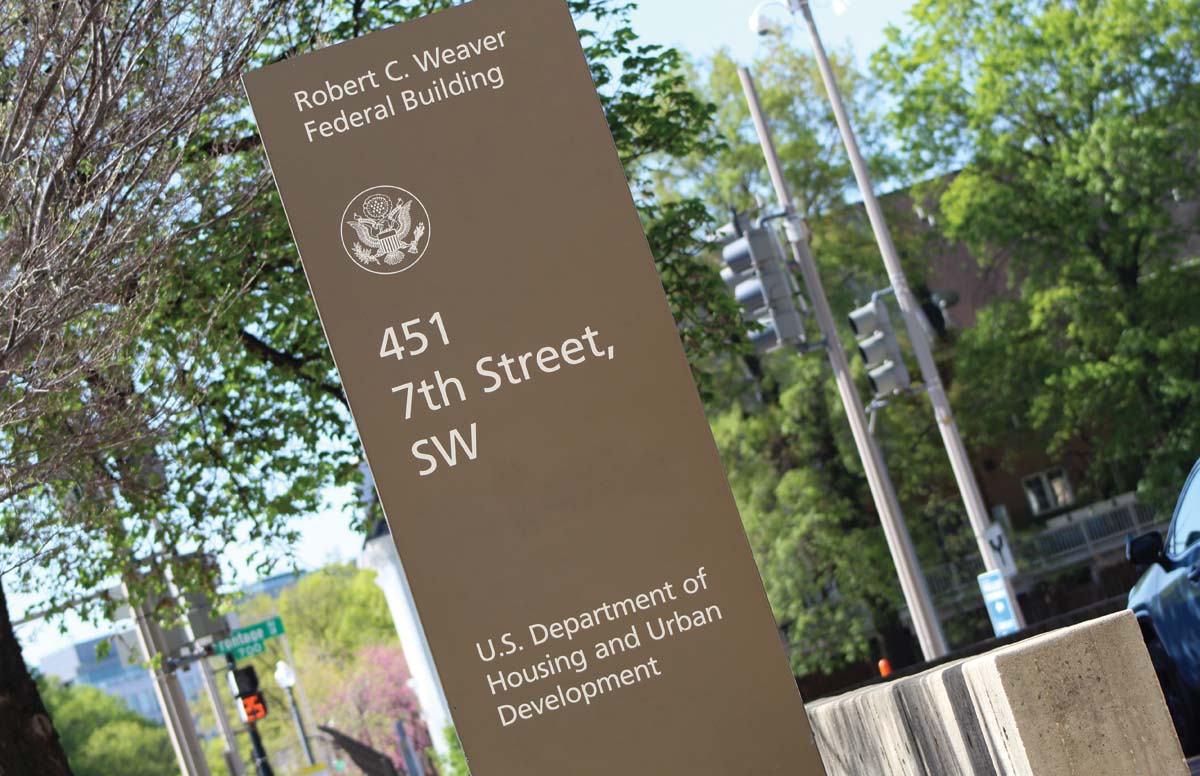May 02, 2025
White House “Skinny” Budget Request and HUD: Cut or Block Grant Rental Assistance Programs, Eliminate Others

Are you a member? Click LOGIN at the top of this page.
Not a member? Join now.
Having trouble? Email us for help.

Most Recommended
October 15, 2025
 Shutdown Week Three: Impact of Ongoing Closure on Affordable Housing
Shutdown Week Three: Impact of Ongoing Closure on Affordable Housing
February 14, 2026
Fiscal Year (FY) Funding 2026
October 07, 2025
Immigrant Workforce Matching Program Brings Workforce Relief
Recently Added
February 18, 2026
 Colleagues on the Move, February 18, 2026
Colleagues on the Move, February 18, 2026
February 17, 2026
Senators Introduce Nursing Home Staffing Standards Bill
February 14, 2026
DHS Shuts Down: No Other Agencies Impacted
February 13, 2026



